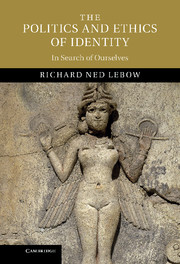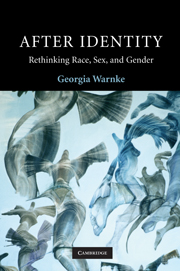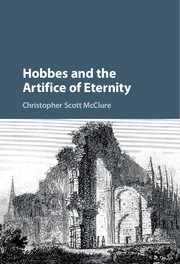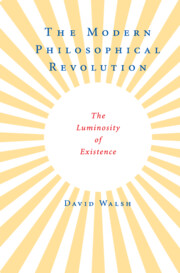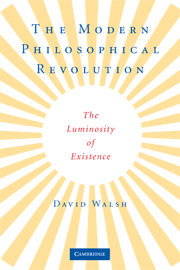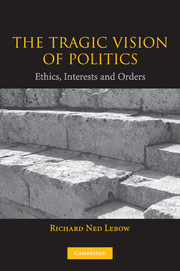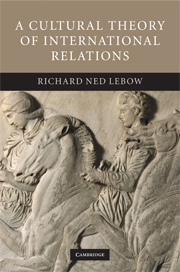The Politics and Ethics of Identity
We are multiple, fragmented, and changing selves who, nevertheless, believe we have unique and consistent identities. What accounts for this illusion? Why has the problem of identity become so central in post-war scholarship, fiction, and the media? Following Hegel, Richard Ned Lebow contends that the defining psychological feature of modernity is the tension between our reflexive and social selves. To address this problem Westerners have developed four generic strategies of identity construction that are associated with four distinct political orientations. Lebow develops his arguments through comparative analysis of ancient and modern literary, philosophical, religious, and musical texts. He asks how we might come to terms with the fragmented and illusionary nature of our identities and explores some political and ethical implications of doing so.
- Offers a novel understanding of the relationship between identity and ethics
- Puts the contemporary obsession with identity into historical and psychological perspective
- Utilises a range of texts on identity from literature, philosophy, music and religion, bridging the ancient and modern worlds
Awards
Winner of the 2013 Alexander George Book Award, International Society of Political Psychology
Reviews & endorsements
"In this remarkable book, Lebow offers a sustained critique of contemporary conceptions of identity in the social sciences, arguing that both the existence of unitary identities and the differential logic invoked to explain their formation lack empirical support. Lebow then develops an alternative account that emphasizes the fluid character of identities, and the integrative aspects of identity formation. As such, The Politics and Ethics of Identity is indispensable reading to all social scientists who have thought seriously about identity." - Jens Bartelson, Professor of Political Science, Lund University
"The Politics and Ethics of Identity is both enlightening and unsettling in equal measures. With characteristic breadth, sophistication and originality, Lebow provides a vibrant and compelling account of identity (or, more accurately, identities) in historical perspective. He then employs this account to challenge prevalent conceptions of politics and ethics – making a profoundly important contribution to our understanding of both.’ - Toni Erskine, Professor of International Politics, Aberystwyth University
"Ned Lebow has a deserved reputation for tackling hard questions that require the resources of many disciplines to properly ask, let alone answer. In this, his most ambitious study yet, he combines social science, psychology, intellectual history, literary and even musical criticism to illuminate the character and significance of identity in the modern world. At the heart of the inquiry is Lebow's analysis of four distinct strategies of identity construction and the four distinct political orientations they provide the underpinnings for: conservatism, totalitarianism, liberalism and anarchism, and the question he ponders following on from this: whether we can dispense with claims about unitary and consistent identities and what would follow, ethically and politically, if we did. A powerful and challenging study by a major contemporary theorist at the top of his game." - Nicholas Rengger, Professor of Political Theory and International Relations, University of St Andrews
Product details
October 2012Hardback
9781107027657
444 pages
231 × 152 × 33 mm
0.75kg
Available
Table of Contents
- 1. Introduction
- 2. Narratives and identity
- 3. Homer, Virgil, and identity
- 4. Mozart and the Enlightenment
- 5. Germans and Greeks
- 6. Beam me up, Lord
- 7. Science fiction and immortality
- 8. Identity reconsidered.

